Spring 2025 Workshop: Accelerating AI Research and Discovery with NSF-Funded Neocortex
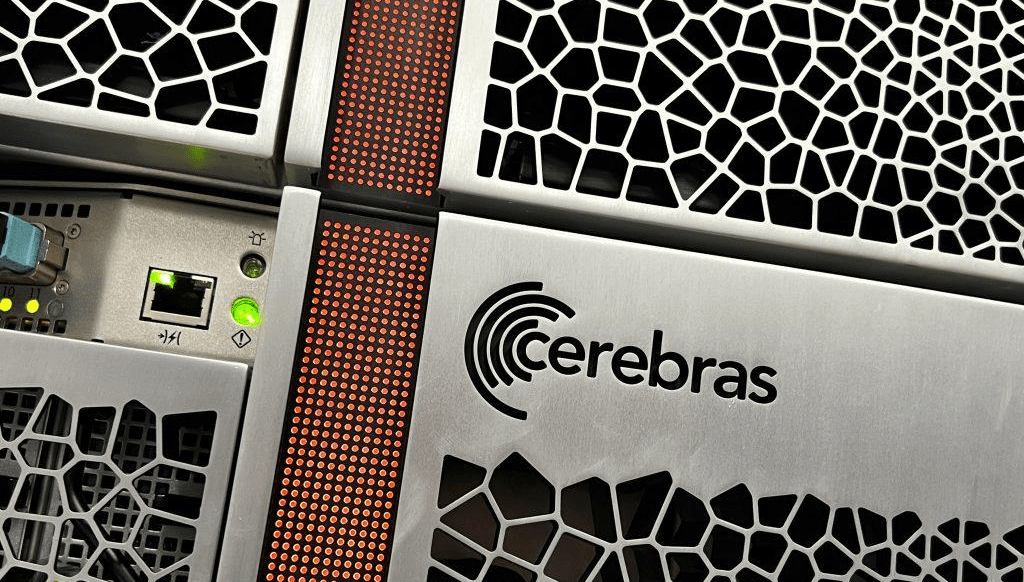
May 27, 2025: Neocortex Workshop Presented by PSC and Cerebras Systems
Join us on May 27, 2025, for an interactive in-person workshop presented by PSC and Cerebras. This full-day event will be held in the Rangos ballroom at CMU’s Jared L. Cohon University Center. We will introduce researchers to the powerful Cerebras CS-3 system available through the NSF-funded Neocortex project at PSC.
Learn how the revolutionary Cerebras technology can accelerate your research with presentations on system architecture, capabilities, and research applications. Discover how Neocortex resources can support your team’s AI and HPC workloads.
Get hands-on experience submitting jobs, adapting domain-specific models, and optimizing training workflows. Our technical experts will guide you through practical exercises to help you hit the ground running with your own projects.
This workshop is designed for both machine learning researchers and domain experts looking to leverage AI models in their work. No prior experience with Cerebras systems is required.
Training
Neocortex Office Hours
Wednesdays, 2-3 EST and by appointment. Learn more
Contact us
Email us at neocortex@psc.edu
Newsletter sign-up
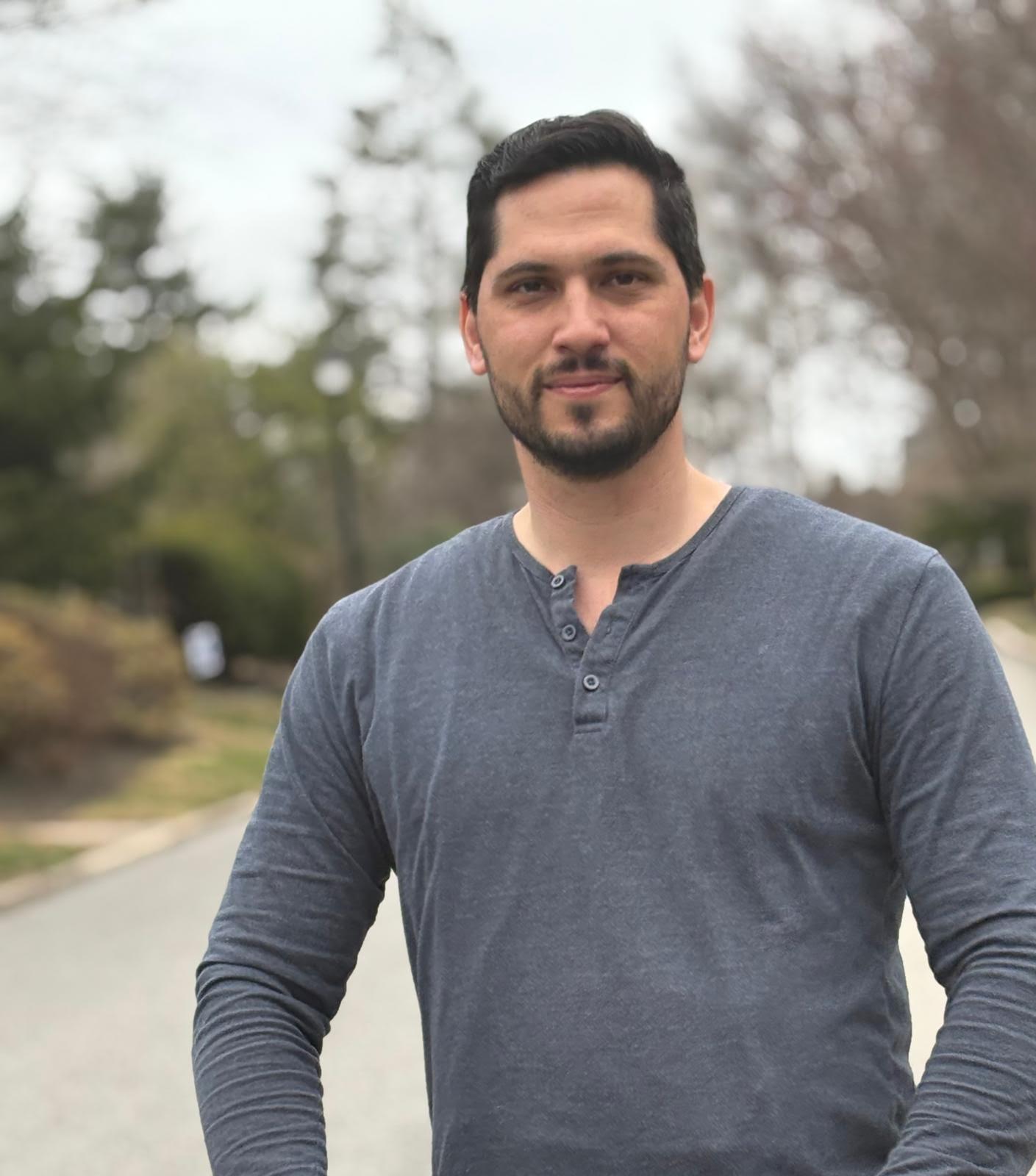
Featured Speaker: Avraham Sheinin
Technical Product Manager, Cerebras Systems
Avraham Sheinin leads a team of ML engineers at Cerebras Systems, working on the development and training of large language models. His focus is on scaling bilingual and multilingual models, with recent work in adapting LLMs to low-resource languages. He collaborates closely with researchers, engineers, and customers to turn cutting-edge ideas into deployed systems. Before joining Cerebras, Avraham worked as a data science and ML consultant, and previously did research in healthcare policy.
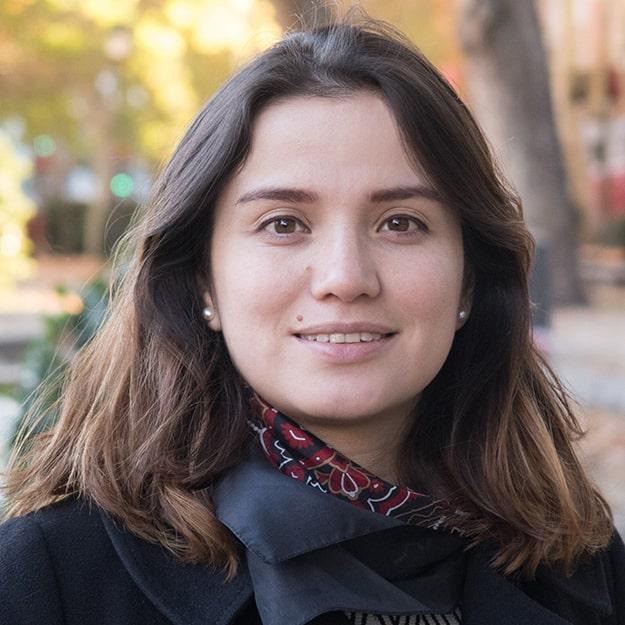
Paola Buitrago
Director of Artificial Intelligence and Big Data, Pittsburgh Supercomputing Center
Paola Buitrago leads the Artificial Intelligence and Big Data group at the Pittsburgh Supercomputing Center, which is a joint effort of Carnegie Mellon University and the University of Pittsburgh. Her group is focused on advancing and supporting the convergence of High Performance Computing (HPC), Artificial Intelligence (AI) and Big Data. Paola initiated a new platform for AI research on emerging hardware and software technologies, enabling development of advanced algorithms and modeling approaches. She is also leading PSC’s Big Data-as-a-Service (BDaaS) initiative, through which Internet-scale datasets are being integrated with supercomputing resources for cross-cutting research communities.
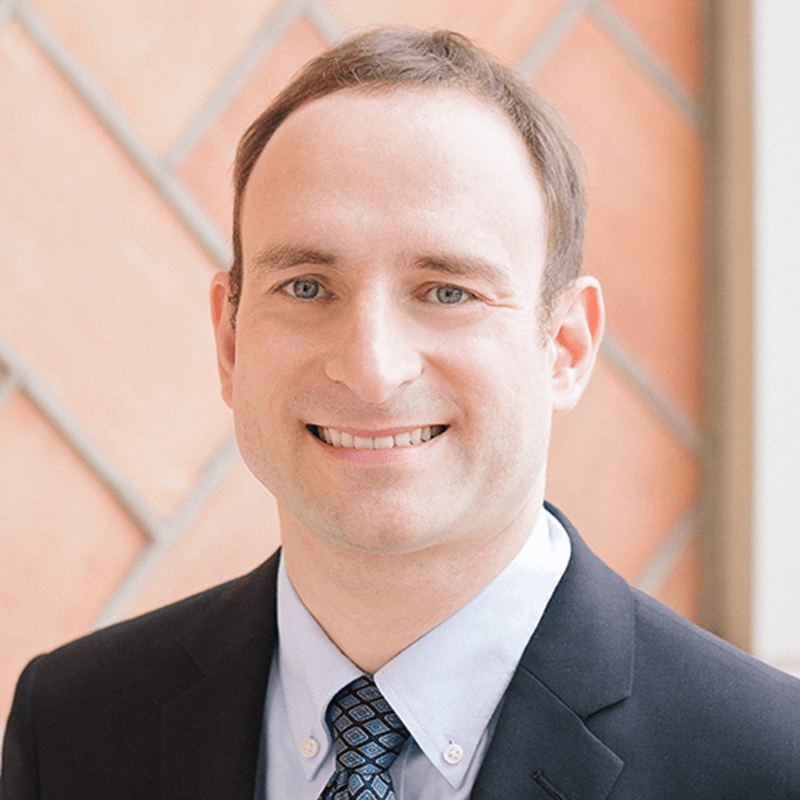
Franz Franchetti
Associate Dean for Research, College of Engineering; Director, Engineering Research Accelerator
Franz Franchetti is the Kavčić-Moura Professor (with indefinite tenure) of Electrical & Computer Engineering at Carnegie Mellon University. He is the associate dean for research for the College of Engineering, as well as the director of the Engineering Research Accelerator at Carnegie Mellon. He is also CTO and Co-Founder of Spiral Gen, Inc., a Pittsburgh area startup that commercializes the Spiral technology. Previously, he has been Thrust Leader of the Security Thrust in Carnegie Mellon’s SRC Smart Grid Research Center and faculty senator for the ECE Department at Carnegie Mellon.
Franchetti’s research focuses on automatic performance tuning and program generation for emerging parallel platforms and algorithm/hardware co-synthesis. He targets multicore CPUs, clusters and high-performance systems (HPC), graphics processors (GPUs), field programmable gate arrays (FPGAs), FPGA-acceleration for CPUs, and logic-in-memory and 3DIC chip design. Within the SPIRAL effort, his research goal is to enable automatic generation of highly optimized software libraries for important kernel functionality.
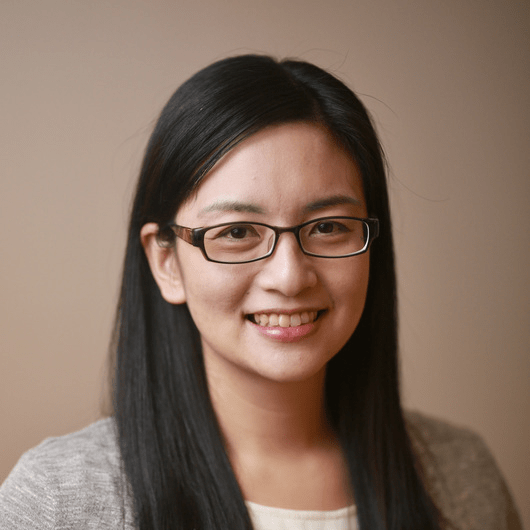
Mei-Yu Wang
Machine Learning Research Scientist, Pittsburgh Supercomputing Center
Mei-Yu Wang acquired her Ph.D. in astrophysics from the University of Pittsburgh. Her doctoral research focused on developing novel probes for studying dark matter. She did postdoctoral research on studying dark matter and the Milky Way at Texas A&M University and Carnegie Mellon University before she joined the HPC AI and Big Data Group at PSC in 2022. Her primary roles now include addressing support requests and developing tests and benchmarking for the Neocortex system and the Open Compass Project.
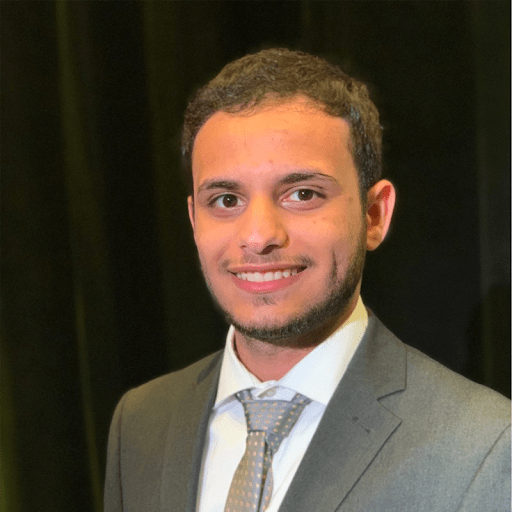
Faisal Al-Khateeb
ML Engineer, Cerebras Systems Inc.
Faisal Al-Khateeb is a Machine Learning Engineer at Cerebras Systems, where he contributes to the development of large-scale AI models and infrastructure. He holds a degree from the University of Toronto and has co-authored research on topics such as efficient deep learning architectures and large language model training. At Cerebras, Al-Khateeb has been involved in projects like the SlimPajama dataset, a 627-billion-token cleaned and deduplicated version of RedPajama, designed to optimize large language model training. He also contributed to the development of BTLM-3B-8K, a model that achieves performance comparable to larger models while maintaining a smaller parameter size.

Leighton Wilson
HPC Solutions Engineer, Cerebras Systems Inc.
HPC Solutions Engineer at Cerebras. Previous Principal FTL Systems Engineer at Northrop Grumman, working on radar systems modeling, simulation, and analysis. Former Rackham Predoctoral Fellow at the University of Michigan. Ph.D. in Applied and Interdisciplinary Mathematics and Scientific Computing at the University of Michigan, with publications and research experience in computational methods for biophysical problems, supercomputing, and parallel computing with GPUs.
Plan Your Visit to Campus
Find visitor information, maps, and more at our visitor page, and explore our visitor parking page.
This material is based upon work supported by the National Science Foundation under Grant Number 2005597. Any opinions, findings, conclusions, or recommendations expressed in this material are those of the author(s) and do not necessarily reflect the views of the National Science Foundation.
